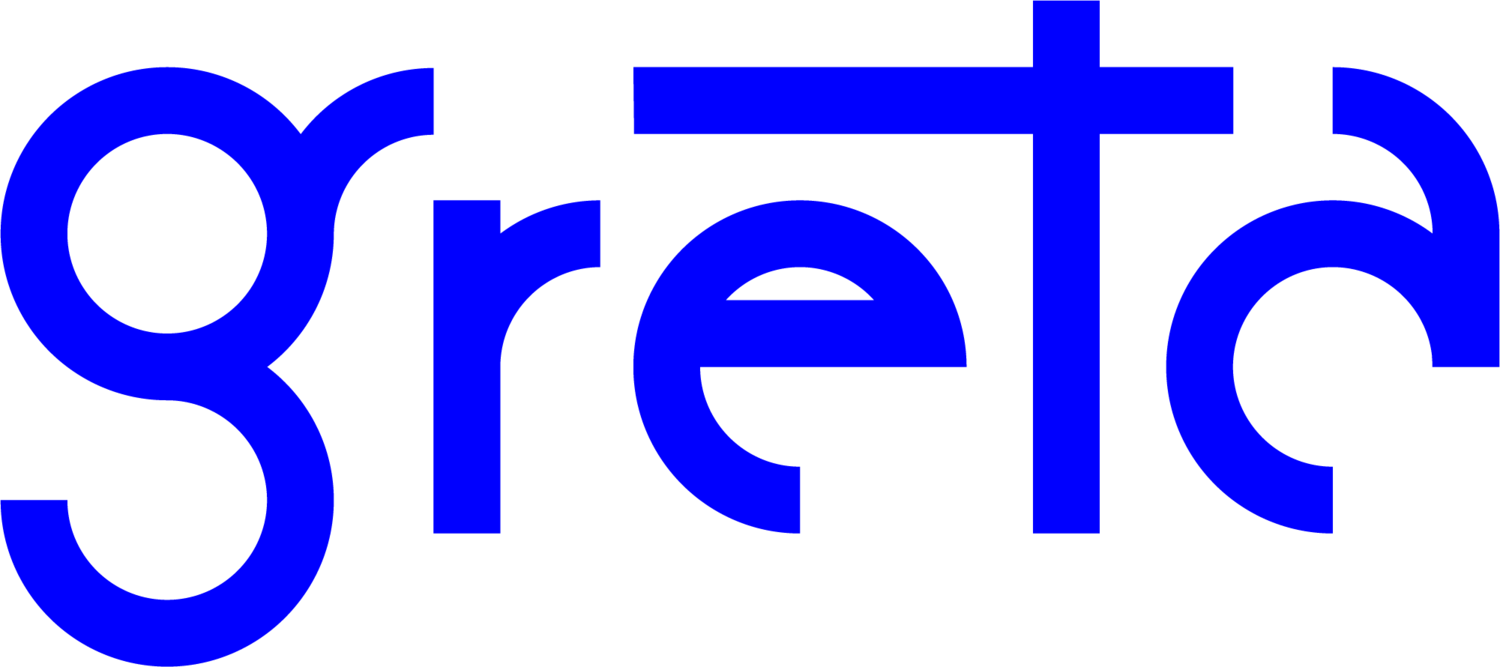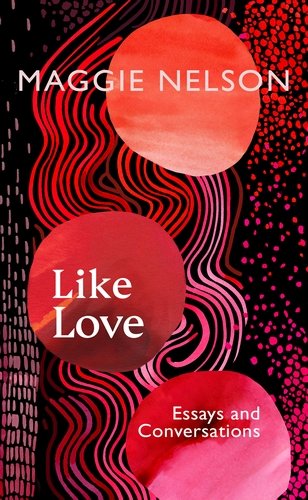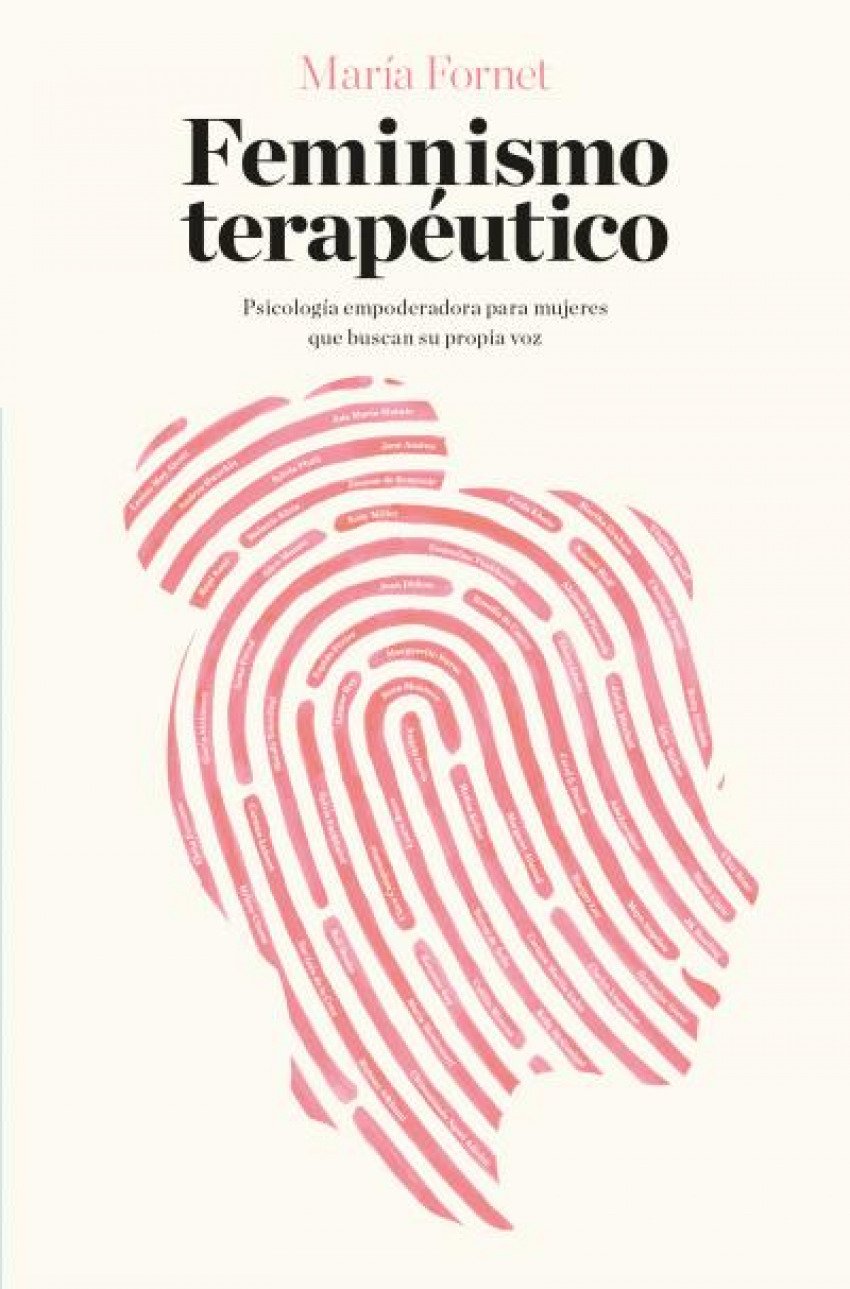 Imagem 1 de
Imagem 1 de


The penguin book of Feminist Writing
Hannah Dawson
Alongside Elizabeth Cady Stanton, who declared in Seneca Falls in 1848 the self-evident truth 'that all men and women are created equal', we find Sojourner Truth, born into slavery in New York in 1797, who replied 'and ain't I a woman?' Deeply sensitive to the exclusions and exploitations of feminism itself, the anthology is as alive to the conflicts between women as it is to the struggle against patriarchy. Maximally inclusive, and drawing on poems, novels and memoirs, as well as roaring manifestos, The Penguin Book of Feminist Writing parts the clouds on a constellation of feminist classics.
Hannah Dawson
Alongside Elizabeth Cady Stanton, who declared in Seneca Falls in 1848 the self-evident truth 'that all men and women are created equal', we find Sojourner Truth, born into slavery in New York in 1797, who replied 'and ain't I a woman?' Deeply sensitive to the exclusions and exploitations of feminism itself, the anthology is as alive to the conflicts between women as it is to the struggle against patriarchy. Maximally inclusive, and drawing on poems, novels and memoirs, as well as roaring manifestos, The Penguin Book of Feminist Writing parts the clouds on a constellation of feminist classics.
Hannah Dawson
Alongside Elizabeth Cady Stanton, who declared in Seneca Falls in 1848 the self-evident truth 'that all men and women are created equal', we find Sojourner Truth, born into slavery in New York in 1797, who replied 'and ain't I a woman?' Deeply sensitive to the exclusions and exploitations of feminism itself, the anthology is as alive to the conflicts between women as it is to the struggle against patriarchy. Maximally inclusive, and drawing on poems, novels and memoirs, as well as roaring manifestos, The Penguin Book of Feminist Writing parts the clouds on a constellation of feminist classics.





